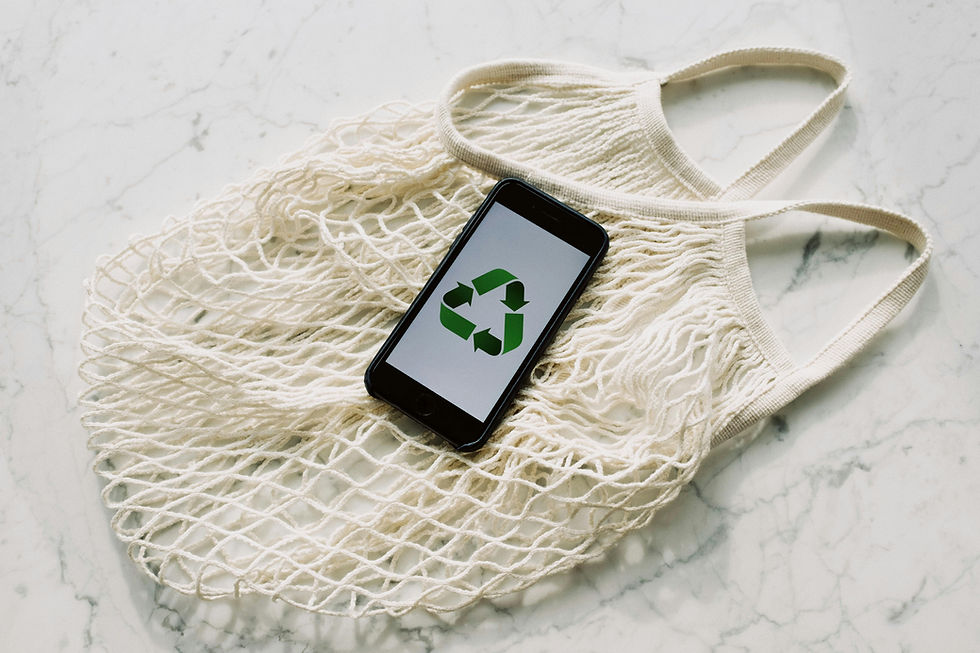Green is as Green Does: Authentic Sustainability for your Brand
- Adam Tabet
- Nov 14, 2025
- 2 min read
BY: Adam Tabet

Just as it would feel weird feeding a carrot to this “horse” and “bunny,” why do we so easily choose companies that merely portray they are “sustainable” or “ethically” sourced?
Large, elaborate, and expensive public relations and marketing campaigns are often started by companies to share how responsible and sustainable their business practices and products are. Many consumers fall victim to greenwashing, or as I like to call it, kraft paper propaganda. Greenwashing is not hard to spot because it involves very little investigation to reveal the truth. Companies can twist words, and use misleading imagery and experiences to portray a cleaner and greener product or service. They do this to charge a premium while making the consumer feel good about their purchase. Companies use our knowledge of the environmental effects of single-use packaging and consumerism to create a seemingly greener alternative through packaging and other means. Greener simply does not mean green, but it sure sounds like it. This brings us to the core issue:
What does Kraft paper propaganda look like?
Walking the aisles of any big box stores and boutique retailers, you are bound to come across products adorned with cardboard packaging, leafy images, and copy claiming the product or packaging is better, greener, and more sustainable. These claims are often vague statements or misleading statistics which are easily debunked with a bit of careful thought and some brief online search.
While packaging like this often begins with good intentions, companies soon find out the cost prevents them from claiming true sustainability. They then often outsource their charitable causes and just talk about sustainability rather than taking action. Businesses in the service industry can also easily fall victim to misleading sustainability practices.
The Key to Avoiding Kraft Paper Propaganda
Trust built upon authenticity is the key to avoiding greenwashing and kraft paper propaganda. Being honest and open about what you are truly doing in terms of sustainability is the best practice. Oftentimes, unavoidable limitations around pricing, suppliers, and environmental factors can constrain your ability to provide the value you desire at a price sustainable for your business. Being upfront with your customers about the limitations you are dealing with is crucial.
This transparency must be paired with consistent communications about what you are doing to innovate and overcome those obstacles. This requires open channels of communication with both your current and potential customers. For example, if a food company has sustainability concerns about their plastic packaging, they can address their customers by educating them about FDA regulations and the need for freshness seals, while informing them about the waterway cleanup they are organizing next month.
Sustainable practices are expensive, but there are ways to overcome monetary limitations by donating your time. This can look like hosting an outdoor trash cleanup where the only associated costs are trash bags, gloves, and water bottles for the attendees.
At Bluestone Communications, we can provide you with solutions and communications for your business that not only build trust but also ethically and effectively share your story, mission, vision, and values.








Comments